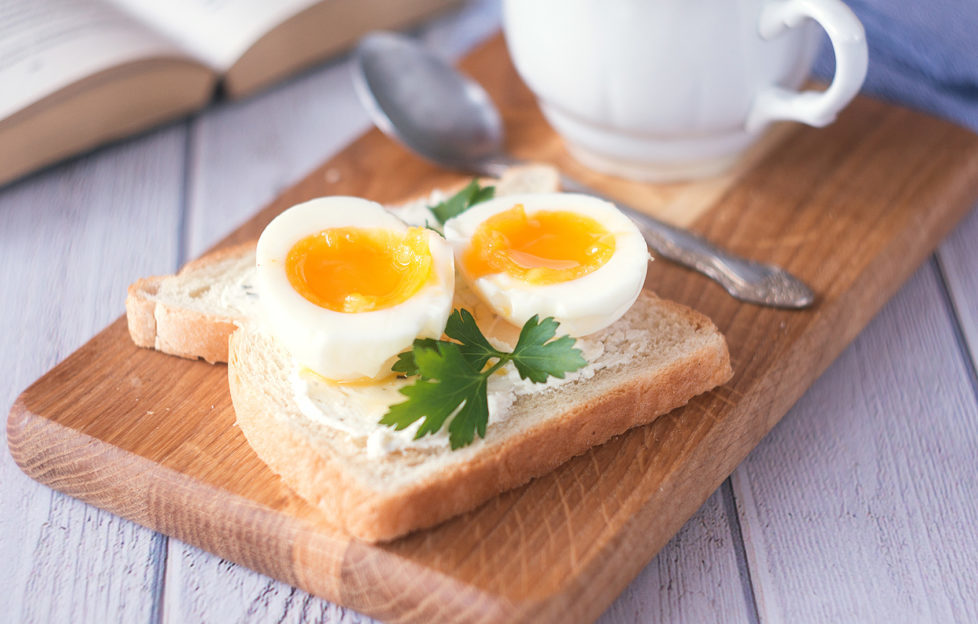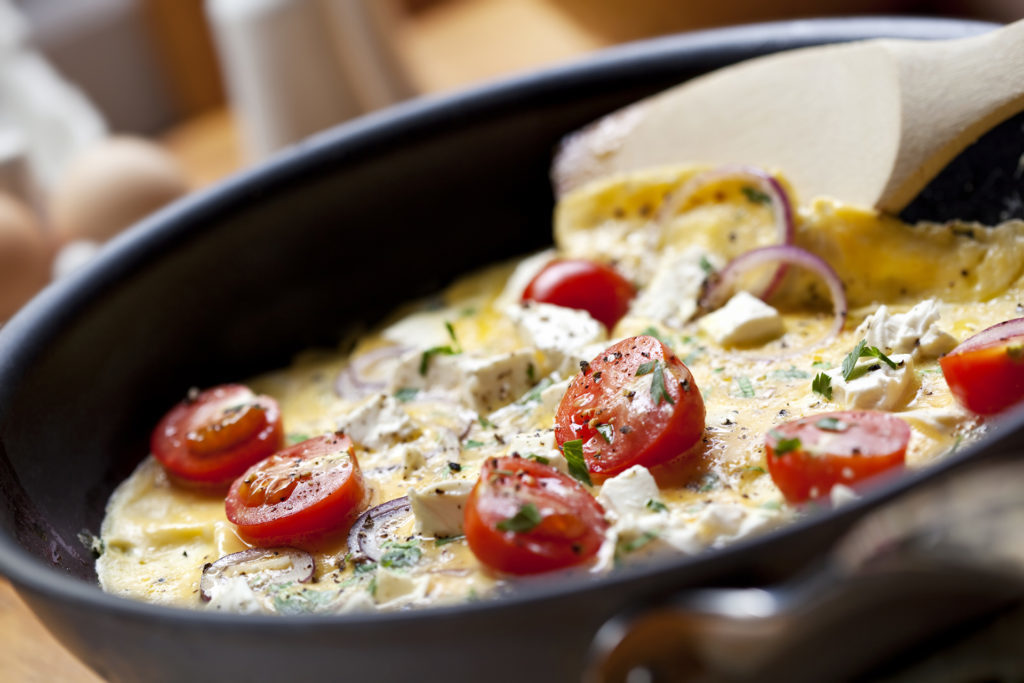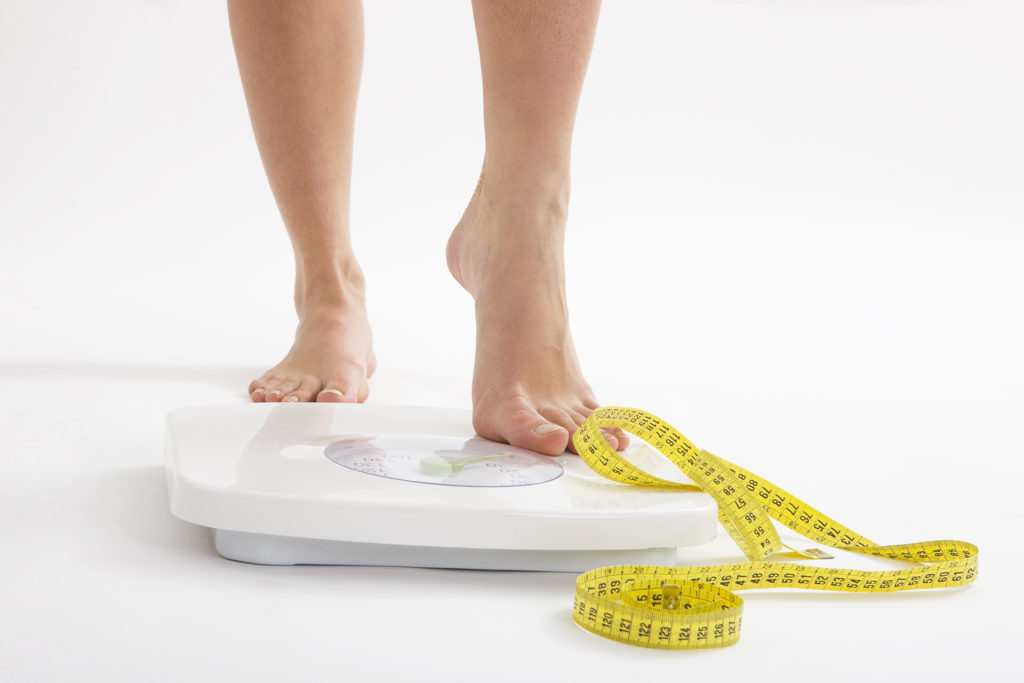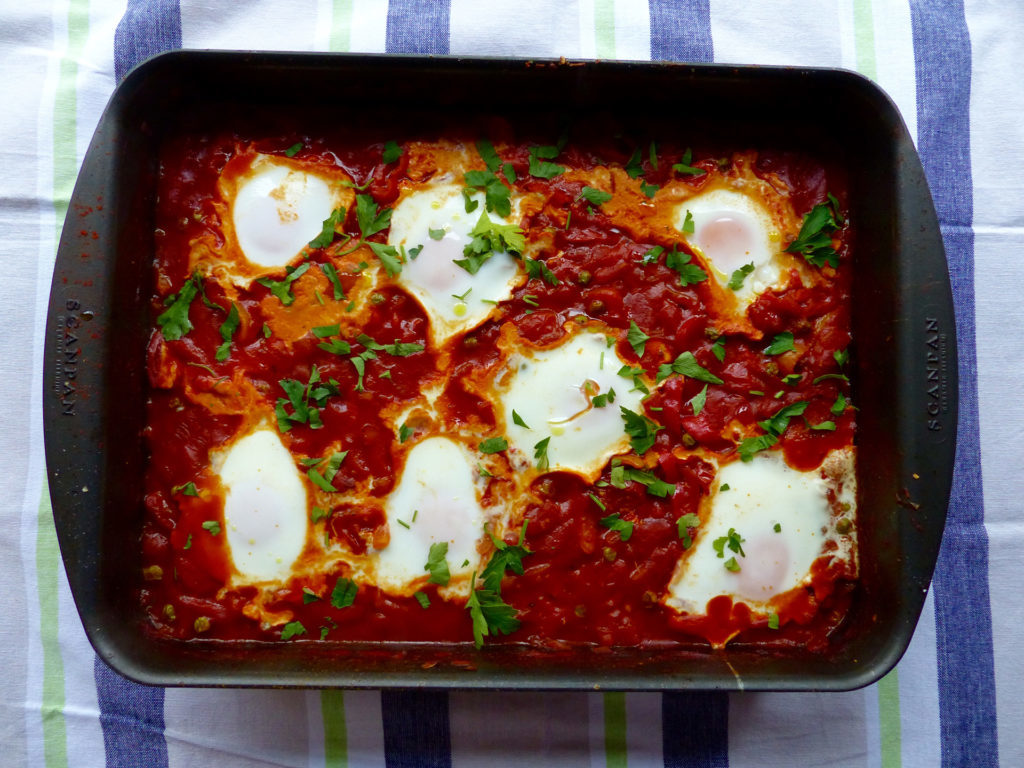You Can’t Beat A Good Egg!

Our relationship with the humble egg has been somewhat rocky over the years. The initial ‘go to work on an egg’ campaign in the 50s saw an increase in the consumption of this economical source of protein but was hit by the ‘cholesterol hypothesis’ of the 60s which led to a recommended limit on daily intake and a dietary misunderstanding that spanned the better part of 40 years. Then there was the salmonella scare of the 80s which saw an all time low in egg consumption but with the popularity of high protein diets such as Atkins and Dukan there has been an increase in egg sales and as a nation we now consume almost 11 billion each year. A meeting of the Royal Society of Medicine’s Food and Health Forum confirmed their status shifting from health risk to dietary recommendation.
Nutritional content
So what makes eggs so special? Nutritionally they have an enviable nutrient profile consisting of a rich protein source containing all 9 essential amino acids and a source of 13 vitamins and minerals including vitamins D, B2, B12, A and iron, and at only 80 calories per egg you could call them the original ‘superfood’.
Eggs and cholesterol
It is widely known that eggs are a major source of dietary cholesterol, which was once considered a contributory factor to increased risk of heart disease and stroke but a recent study confirms that this is not the case. Studies also show that in certain cases dietary cholesterol from eggs may in fact raise the levels of ‘good’ cholesterol, which could help to protect against cardiovascular disease.
Disease protection
Vitamin D is a nutrient found in few foods other than eggs, which provide over 25% of the RDA. As well as ensuring good bone health and immunity, studies have shown that low levels of vitamin D may be associated with a host of medical conditions including certain cancers, heart disease and multiple sclerosis. Eggs are also a rich source of choline, which may help to protect against memory loss, and certain antioxidants including lutein and zeaxanthin that studies have shown could protect against age related macular degeneration, which is a key contributor of blindness.
Weight loss
The high protein content of eggs mean they are particularly useful at keeping you fuller for longer. Research carried out in America showed that eating eggs for breakfast could help limit your calorie intake throughout the day by more than 400 calories, which makes them a useful food to include in the diets of those trying to lose weight.
We now consume almost 11 billion eggs each year
Cooking on a budget
A dozen free-range eggs costs as little £2.25, which makes them a cost effective way to feed the family. Eggs can form the basis of meals such as omelettes or make a useful way to boost the nutritional content of dishes such as egg fried rice or salads.
Top five ways to enjoy eggs
- Chopped boiled egg with avocado on toast
- Boiled eggs with smoked paprika or celery salt
- Vegetable frittata e.g. sweet potato and feta cheese
- Egg fried rice with peas
- Shakshuka (eggs poached in spicy tomato sauce) See recipe below
In summary, these versatile little capsules of nutrition make a great breakfast, nutritious snack or healthy supper with the benefits far outweighing any negatives, and if regularly eating eggs helps protect against disease and keeps you trim then putting them on the menu goes without question.
Shakshuka
Serves 3-4
300 calories per serving (without bread)
Ingredients
2 tbsp extra virgin olive oil
2 onions, finely chopped
2 cloves garlic, finely chopped
300g cherry tomatoes, halved
½ lemon, zested
1 tbsp smoked paprika
2 tsp ground cumin
Small pinch of saffron
500ml stock (chicken or vegetable)
3 sweet red peppers, de-seeded and sliced
1 red chilli, chopped
2 x 400g cans chopped tomatoes
2 handfuls of frozen peas
1 tsp sea salt
Ground black pepper
6 large eggs
Small handful flat leaf parsley
Small handful chopped coriander
Method
- Heat the oil in a large ovenproof pan set on the hob over a medium heat.
- Add the onion and garlic then fry for 5-8 minutes until soft.
- Add the cherry tomatoes and cook for a further 5 minutes.
- Add the lemon zest, paprika, cumin and saffron then cook for a further minute.
- Add the stock, peppers, chilli and chopped tomatoes. Cook for 20 minutes or until the peppers are tender. Add the peas after 15 minutes of cooking. You may need to add a little more water if the dish dries out too much. The consistency should be thick but not dry.
- Season with salt and pepper.
- Make a well in the sauce using a spoon and crack in one egg. Repeat for the other five eggs.
- Place the pan in the oven and cook for about five minutes until the egg whites are cooked and the yolk is still runny. Cook a little longer of you do not like runny yolks.
- Remove the pan from the oven and garnish with the herbs.
- Serve the shakshuka with freshly toasted sourdough or other bread of choice.
Recipe by Rob Hobson, Head Of Nutrition for Healthspan.








